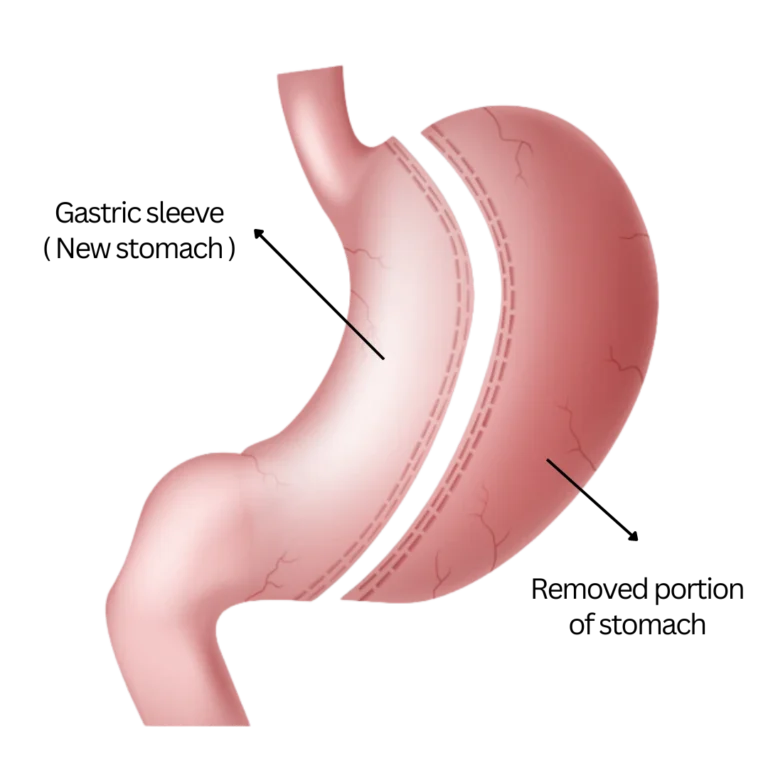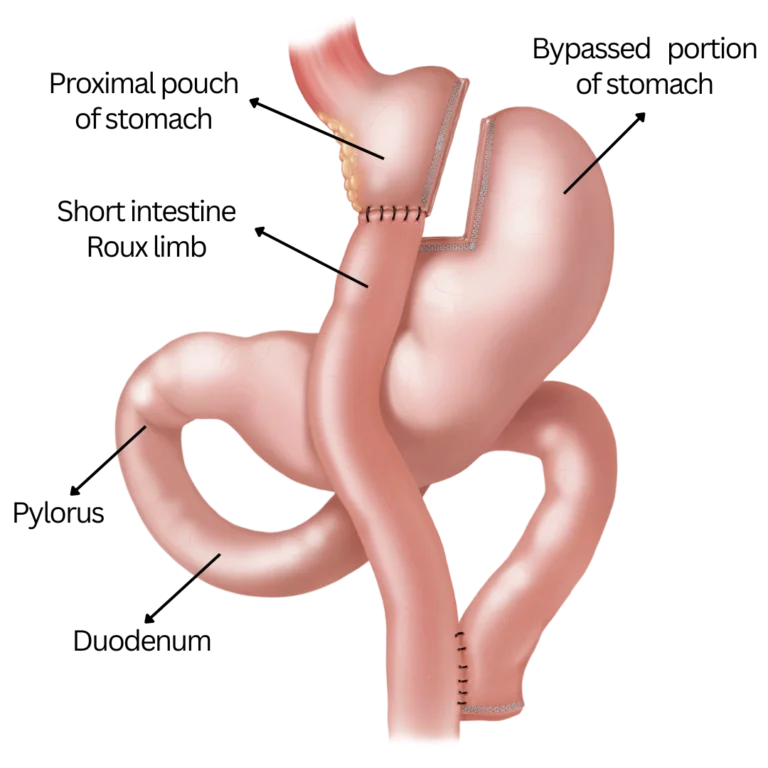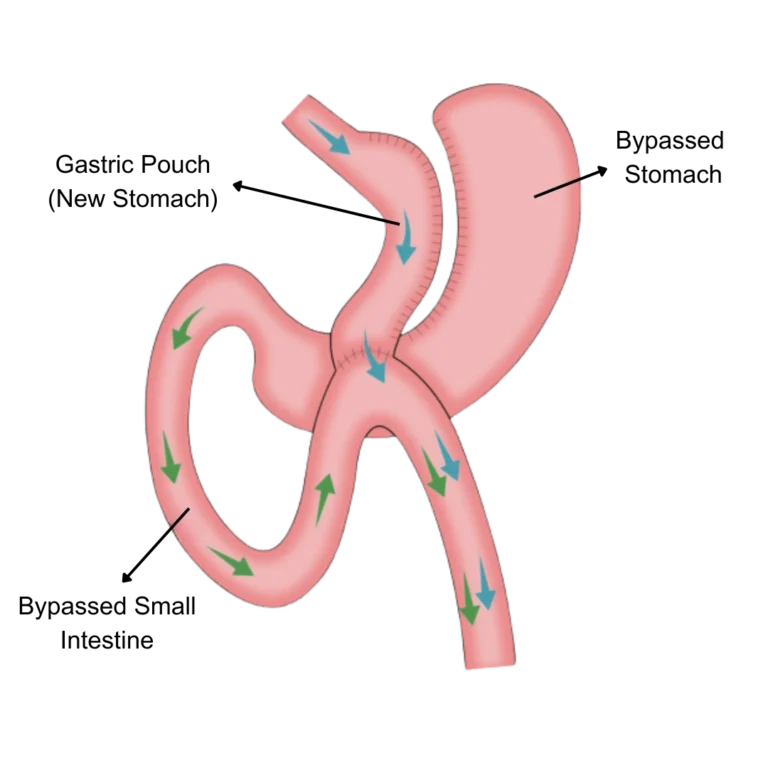Bariatric surgery, also known as weight loss surgery, is a medical procedure designed to help individuals lose weight by restricting the amount of food the stomach can hold.

Effective weight loss solutions tailored to individual needs. With a focus on affordability and quality, these procedures are performed by experienced surgeons using advanced techniques to ensure safety and success. Whether you’re seeking gastric bypass, sleeve gastrectomy, or other bariatric options, Malaysia provides world-class care that supports long-term health and well-being, making it a top destination for bariatric surgery.
Effective weight loss solutions tailored to individual needs. With a focus on affordability and quality, these procedures are performed by experienced surgeons using advanced techniques to ensure safety and success. Whether you’re seeking gastric bypass, sleeve gastrectomy, or other bariatric options, Malaysia provides world-class care that supports long-term health and well-being, making it a top destination for bariatric surgery.

Sleeve gastrectomy, also known as vertical sleeve gastrectomy (VSG), is a type of weight-loss surgery that involves removing a large portion of the stomach. This procedure leaves a tube-shaped stomach about the size and shape of a banana, significantly reducing the stomach’s capacity. The goal is to limit food intake and promote weight loss by making the patient feel full sooner and for longer periods.
Key Features:

Roux-en-Y Gastric Bypass (RYGB) is a commonly performed weight-loss surgery that involves creating a small pouch from the stomach and connecting it directly to the small intestine. This means food bypasses most of the stomach and the first part of the small intestine, leading to significant changes in the digestive process.
Key Features:
One Anastomosis Gastric Bypass (OAGB), also known as Mini Gastric Bypass (MGB), is a weight-loss surgery that involves creating a long, narrow stomach pouch and attaching it to a loop of the small intestine, bypassing a significant portion of the stomach and duodenum. This procedure is designed to restrict food intake and reduce calorie absorption.
Key Features:

Bariatric surgery offers several significant benefits for individuals struggling with obesity. It can lead to substantial weight loss, improve or resolve obesity-related health conditions such as type 2 diabetes and hypertension, and enhance overall quality of life by increasing mobility, energy levels, and self-esteem.
Bariatric surgery may be a good option for individuals who have not been successful with diet and exercise alone and meet certain criteria, such as having a body mass index (BMI) of 40 or higher, or a BMI of 35 with obesity-related health issues. It’s important to consult with a healthcare provider to determine if the benefits outweigh the risks based on your specific health condition and goals.
You can consider bariatric surgery if you have a BMI of 40 or higher, or a BMI of 35 or higher with obesity-related health conditions. This generally corresponds to a weight of approximately 100 kg and above for an average height individual in Malaysia.
While many countries offer high-quality bariatric surgery, Malaysia is known for affordable, high-standard procedures ranging between MYR 25,000 to MYR 40,000. Other popular options include Thailand and India.
Bariatric surgery is often worth it for those struggling with severe obesity and related health issues. It can lead to significant weight loss, improvement in health conditions, and enhanced quality of life, though it requires long-term lifestyle changes.
Yes, life can become more fulfilling after bariatric surgery. While patients need to adapt to dietary changes and follow strict guidelines, many report improved health, mobility, and overall well-being.